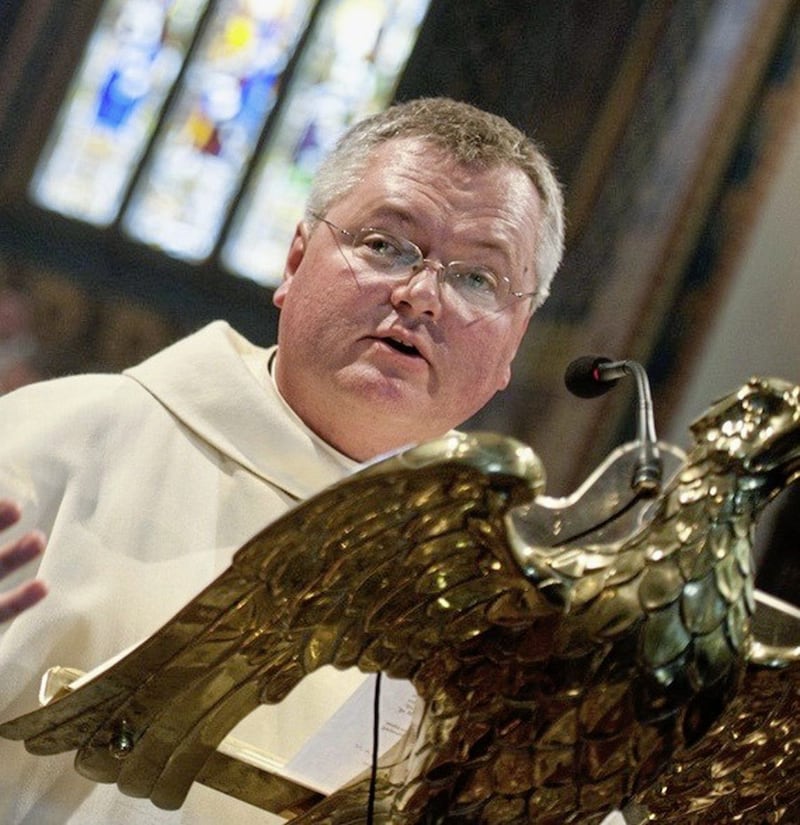DO you remember the days before smartphones? Back then we decided where to eat without the help of Google or TrustPilot and never had to worry about how much our opinions, and even our lives, were being shaped by algorithms over which we had no control.
Gone are the days when you scrolled down your Facebook account to see what your friends were up to.
Now an algorithm decides what you should see and what you shouldn't.
As you click you are drawn into an algorithmic wormhole where everyone thinks the same, believes the same, and acts the same way as you do but probably in more extreme ways.
And this inevitably leads to the growing tribalism and intolerance of others we see in society today.
It is time to escape the algorithm; time to think outside of the digital box that has come to define the parameters of the world for so many people. How do we do that?
Nomophobia is a word coined to express the sense of panic people experience when they are separated from their mobile devices for any length of time.

The way to overcome nomophobia is to shift the focus of our hearts: and we do that by turning to God in prayer and by opening our eyes to those around us.
What does this have to do with vocations? In many ways these are fundamental steps if we want to discover what God is asking of our lives: we need to turn away from ourselves in order to be free to turn to God and to our neighbour.
Pope Francis is very clear about the sort of priests he wants us to be: men of prayer, men willing to lay down their lives in service; men on their guard against temptation, laxity and compromise.
He expressed it succinctly in one of his homilies: "We are good priests if we go to Jesus Christ, if we seek the Lord in prayer: the prayer of intercession, the prayer of adoration.
"If instead we distance ourselves from Jesus Christ, we have to compensate for this with other worldly attitudes.
"The priest adores Jesus Christ, the priest speaks with Jesus Christ, the priest seeks Jesus Christ and allows himself to be sought by Jesus Christ.
"This is the centre of our lives. If we do not have this, we lose everything - and then what shall we give to the people?"
The Pope wants holy priests who are willing to follow the Master by taking up the Cross every day.
There is no room in the priesthood for those motivated by "affective insecurity or the pursuit of power, human glory or economic well-being" (Evangelii Gaudium, 107).
A priest must recognise that "without a constant relationship with God the mission becomes a job".
Without prayer we fall into activism and begin to rely on structures: mission gives way to maintenance.
We must not become men who develop a technique of speaking about God. The Holy Father calls us to be "contemplatives" in the middle of the world's "whirlwind".
To move from a mentality that maintains structures and caters to consumers we have to rediscover the truth that the Church exists to evangelise.
Priests cannot hide, or allow their people to hide, be it in buildings or in some virtual online world.

They have to go out to the margins and reach out to those who do not know or who have lost sight of Christ's love.
To be effective they must be filled with the joy that comes from a life-giving relationship with the Lord.
As Pope Francis said in a homily to seminarians and novices in July 2013: "The more the mission calls you to go out to the margins of existence, let your heart be the more closely united to Christ's heart, full of mercy and love. Herein lies the secret of pastoral fruitfulness, of the fruitfulness of a disciple of the Lord."
As the Church prepares once again for the all-transforming Easter event, perhaps a good Lenten exercise would be to limit our time online to make space for prayer and to reach out to real people who need to experience the love of God through the real time love that we extend to them in practical details of service.

Fr Stephen Langridge is a priest based in Richmond, Surrey. He will give the Down and Connor Diocesan Vocations Retreat, which starts tomorrow and runs until March 8 in Drumalis, Larne. For more information email vocations@downandconnor.org









